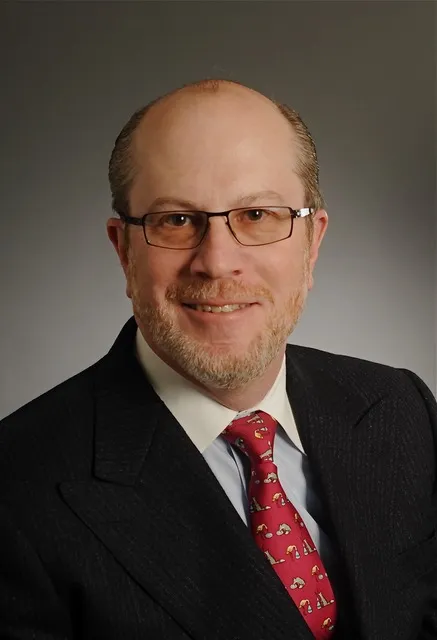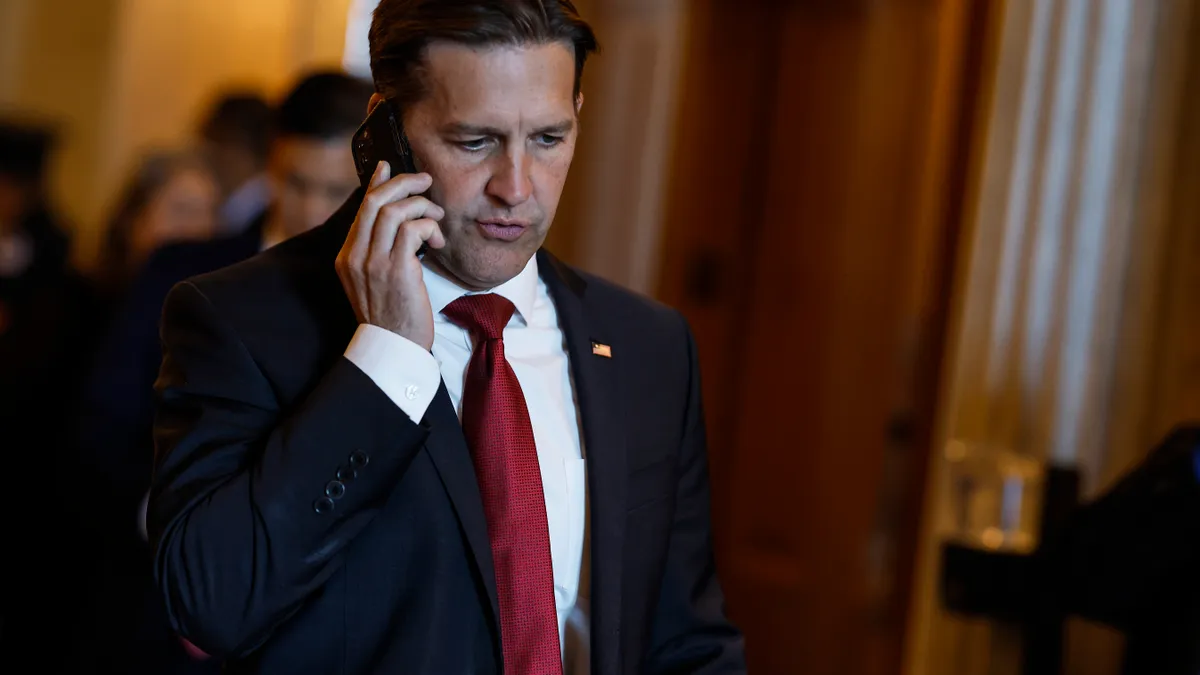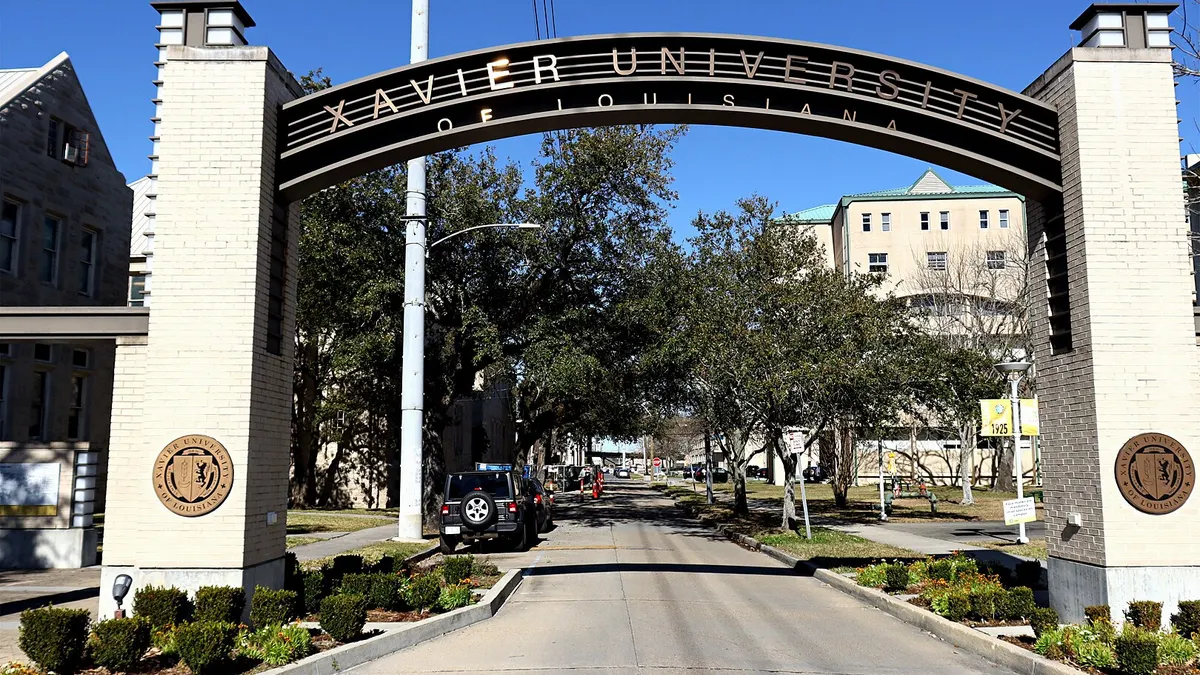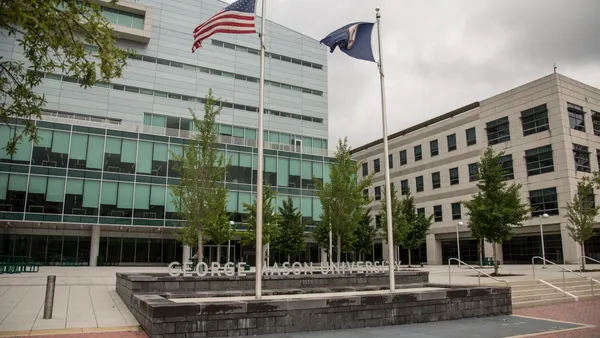Judith Wilde is a research professor in the Schar School of Policy and Government at George Mason University. James Finkelstein is a professor emeritus of public policy at George Mason University.

Ryan Patrick of Oswego, New York, and Ben Sasse, the soon-to-be-former United States senator, may be surprised to learn they have something in common. Patrick recently learned he won $10 million in the Colossal Cash scratch-off lottery game and Ben Sasse just signed a highly unusual contract to become the next president of the University of Florida.

Over the last decade, we have collected and analyzed the contracts of more than 300 university presidents. The contract for president-designee Sasse, with a potential value of nearly $10 million across his five-year term, is the richest we have seen. We have carefully reviewed the contract. Here are the details.
Sasse's base salary begins at $1 million. Assuming he receives the maximum annual raise for which he is eligible (4% per year), his total base salary will be just more than $5.4 million over five years. Completing the five-year term will add a deferred compensation retention bonus of $1 million.
He will be eligible for performance bonuses each year. If he receives the maximum bonus each year, that is a bit more than $812,000. Over the term of the contract, he also will receive additional contributions to a retirement account of about another $800,000. The value of his standard fringe benefits adds at least another $1.7 million.
This $9.7 million does not include the value of other benefits for which Sasse is eligible — a term life insurance policy with an initial value of $3 million that will be increased every year based on his salary; a supplemental disability insurance policy that would guarantee Sasse at least 60% of his annual salary plus his accrued retention bonus; transition expenses related to moving his households from both Nebraska and Washington, D.C., to Florida; and reimbursement of the legal fees for negotiating his contract.
He also will live rent-free in the Dasburg President's House, including housekeeping services, apparently for the private residence as well as the public portion of the house. The university also will provide him with a cell phone and a monthly service allowance.
There are three unusual perks that we have never seen in a public university president's contract. While some presidential contracts provide for tuition waivers for a spouse and children, Sasse's contract also includes these waivers for his parents and his grandchildren. In addition, many presidential contracts provide for spousal/partner travel when this is deemed beneficial to the university. Sasse's contract includes this benefit for his spouse and for their three children. Finally, the university has agreed to pay for the family's health insurance for about a month, should he lose the current coverage before the university policy takes effect.
Lastly, one of the most unusual features of his contract is the terms for a post-presidential faculty appointment. In those states where such appointments are permitted, the specific terms are always specified within the initial contract. These typically include a transition sabbatical at full presidential pay, a predetermined salary and almost always tenure (assuming the president holds a terminal degree). None of these terms are in Sasse's contract. Rather, he is guaranteed an appointment as a full-time faculty member "in an appropriate rank and academic department with the specific arrangement for his post-presidency faculty appointment, assignment and salary being subject to the approval of the Board Chair."
This language gives the chair of the governing board wide latitude in determining Sasse's post-presidential salary and assignment. In theory, he could decide that Sasse will continue to be paid his presidential salary or something significantly less; grant him tenure or give him a term contract; or require that Sasse teach three courses per term or none at all.
While Sasse has his doctorate in history, according to the contract, the board chair could assign him to any department in the university. As we said, we have never come across a contract with the terms of a post-presidential appointment so open-ended or with the board chair having what is essentially sole authority to dictate the terms.
In fact, this contract gives the board chair sole authority over many things, including the president's annual performance bonus; annual performance goals (set in conjunction with Sasse); determining whether a possible resignation was submitted to avoid being terminated for cause; waiving the required period of notice for resignation; and approving Sasse's outside activities, including those for which Sasse may be paid. In each of these cases, the board chair is not required to seek approval of the full board, only to notify them of the action he has taken.
Like the lottery winner, Ryan Patrick, our view is that Ben Sasse is also a big winner. Patrick's odds of winning the Colossal Cash jackpot were 1 in 3.96 million. If the University of Florida's public reporting of the applicant pool is correct, Sasse was 1 of 739 candidates.
So maybe instead of being obsessed with playing lottery games, folks should consider applying for public university presidents' jobs in Florida. The odds of “winning” seem much better.












